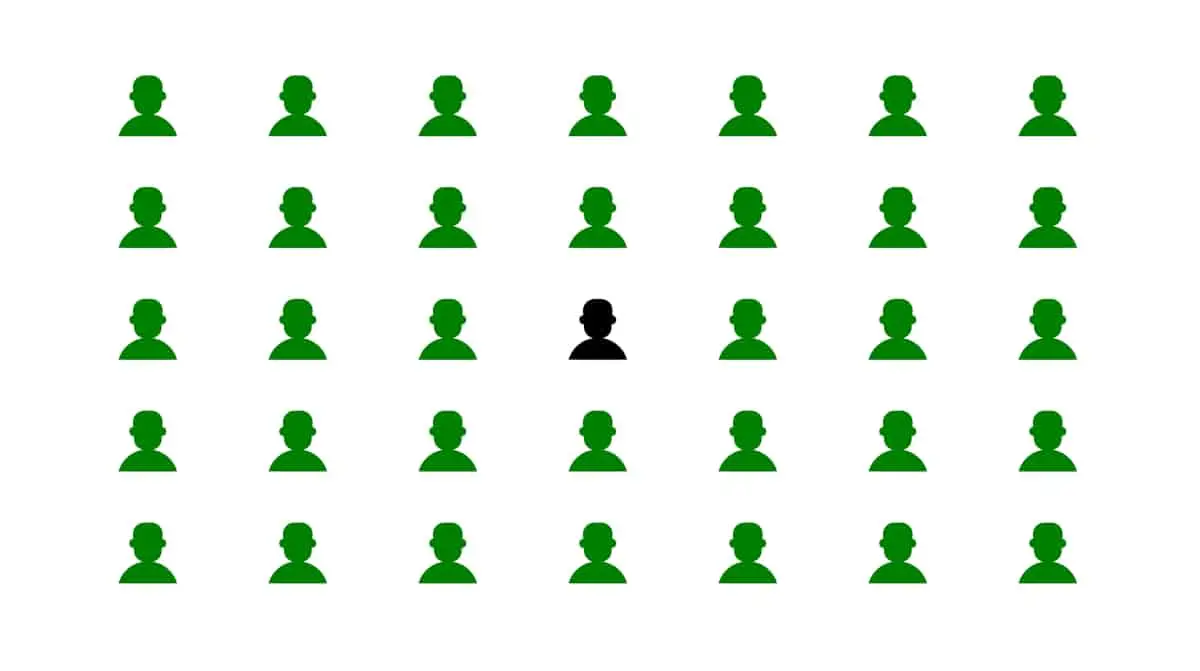There's a special kind of contempt I reserve for the person who says, "I have nothing to hide." It's not the gentle pity you'd have for the naive. It's the cold, hard anger you hold for a collaborator. Because these people aren't just surrendering their own liberty. They're instead actively forging the chains for the rest of us. They are a threat, and I think it's time they were told so.
Their argument is a "pathology of the present tense," a failure of imagination so profound it borders on a moral crime. What they fail to understand is that by living as an open book, they are creating the most dangerous weapon imaginable: a baseline of "normalcy." They are steadily creating a data profile for the State's machine, teaching its algorithms what a "good, transparent citizen" looks like. Every unencrypted text, every thoughtless search, every location-tagged post is another brick in the wall of their own cage.
And then comes the part they can't (or won't) fathom. The context shifts. The political winds change. The Overton window slams shut on a belief they once held. A book they read is declared subversive. A group they donated to is re-classified as extremist. A joke they told is now evidence of a thoughtcrime. Suddenly, for the first time, they have something to hide.
So they reach for the tools of privacy. They download the encrypted messenger. They fire up the VPN. They start to cover their tracks.
And in that single act, they trigger the Deviancy Signal.
Their first attempt at privacy, set against their own self-created history of total transparency, is a screaming alarm to the grown surveillance machine. It's the poker player with a perfect tell, or the nocturnal animal suddenly walking in daylight. Their very attempt to become private is the most public and suspicious act they could possibly commit. They have not built an effective shield, as they have painted a target on their own back. By the time they need privacy, their own history has made seeking it an admission of guilt.
But the damage doesn't end with your own self-incrimination. It radiates outward, undoing the careful work of everyone around you. Think of your friend who has practiced perfect operational security, who has spent years building a private life to ensure they have no baseline for the state to analyze. They are a ghost in the machine. Then they talk to you. Your unshielded phone becomes the listening device they never consented to. You take their disciplined effort to stay invisible and you shout it into a government microphone, tying their identity to yours in a permanent, searchable log. You don't just contrast with their diligence; you actively dismantle it.
On a societal scale, this inaction becomes a collective betrayal. The power of the Deviancy Signal is directly proportional to the number of people who live transparently. Every person who refuses to practice privacy adds another gallon of clean, clear water to the state's pool, making any ripple of dissent ... any deviation ... starkly visible. This is not a passive choice. By refusing to help create a chaotic, noisy baseline of universal privacy, you are actively making the system more effective. You are failing to do your part to make the baseline all deviant, and in doing so, you make us all more vulnerable.
There is only one way to disarm this weapon: we must destroy its premise. We must obliterate the baseline. The task is not merely to hide, but to make privacy the default, to make encryption a reflex, to make anonymity a universal right. We must create so much noise that a signal is impossible to find. Our collective goal must be to make a "normal" profile so rare that the watchers have nothing to compare us to. We must all become deviations.

Leave a Comment
Your email address will not be published. Comments are moderated before appearing.
Supports:
**bold**,*italic*,`code`,[links](url)Comments (0)
Loading comments...